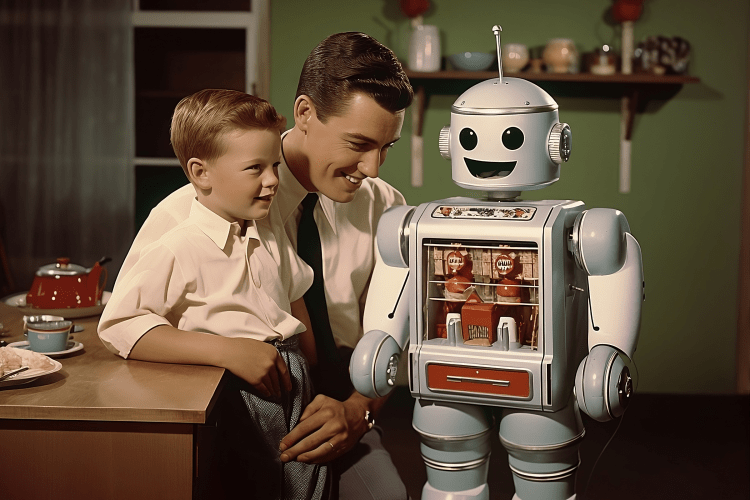Since the earliest days of artificial intelligence research in the 1950s, scientists have been striving to create machines that can function autonomously as intelligent agents in the real world. This pursuit has brought us one step closer to realizing that dream, as OpenAI, the creator of ChatGPT, recently unveiled new technology that paves the way for autonomous agents.
The New Technology: Assistants API
At its inaugural developer conference in San Francisco, OpenAI made several major announcements, including the introduction of GPT-4 Turbo and customizable versions of ChatGPT. However, it is the new tool called Assistants API that deserves the spotlight. This tool empowers programmers to build tailored “assistants” into their applications that can understand natural language, execute functions within their apps, and utilize services like computer vision.
“The launch of the Assistants API is a baby step towards the future of fully autonomous AI agents.”
– Romain Huet, Head of Developer Experience at OpenAI
With the Assistants API, developers can leverage OpenAI’s models with specific instructions to customize the capabilities and personalities of their assistants. These assistants can call on multiple tools in parallel, including a code interpreter and knowledge retrieval system, enabling them to perform a wide range of tasks.
The Potential of AI Assistants
What’s truly remarkable about the Assistants API is the potential for collaboration between these AI assistants. As more developers integrate these assistants into their products, a world where different AI assistants communicate with each other to complete tasks becomes possible. For example, a command to book a vacation could trigger coordinated actions between multiple AI agents: one to book a flight, another to secure hotel reservations, and yet another to plan activities.
“The Assistants API creates a new paradigm for AI-assisted tasks.”
– Romain Huet, Head of Developer Experience at OpenAI
These AI “assistants” are not passive tools but active participants in task execution, bringing us closer to the concept of AI as a personal assistant. While the Assistants API doesn’t achieve full autonomy, it represents a significant step in that direction.
Implications and Future Possibilities
The implications of the Assistants API are vast. In the near future, AI agents could be handling various tasks such as booking reservations, purchasing items, or finding the best-priced flights. By enabling the creation of these assistant-driven tools, OpenAI is bridging the gap to a future where AI agents perform tasks on our behalf and interact with each other to accomplish different objectives.
“In the realm of artificial intelligence, even baby steps can represent monumental strides.”
– Romain Huet, Head of Developer Experience at OpenAI
The unveiling of the Assistants API is just the beginning. OpenAI’s vision for the future involves the continuous development of autonomous AI agents that execute tasks independently and proactively, revolutionizing our everyday interactions with technology.









